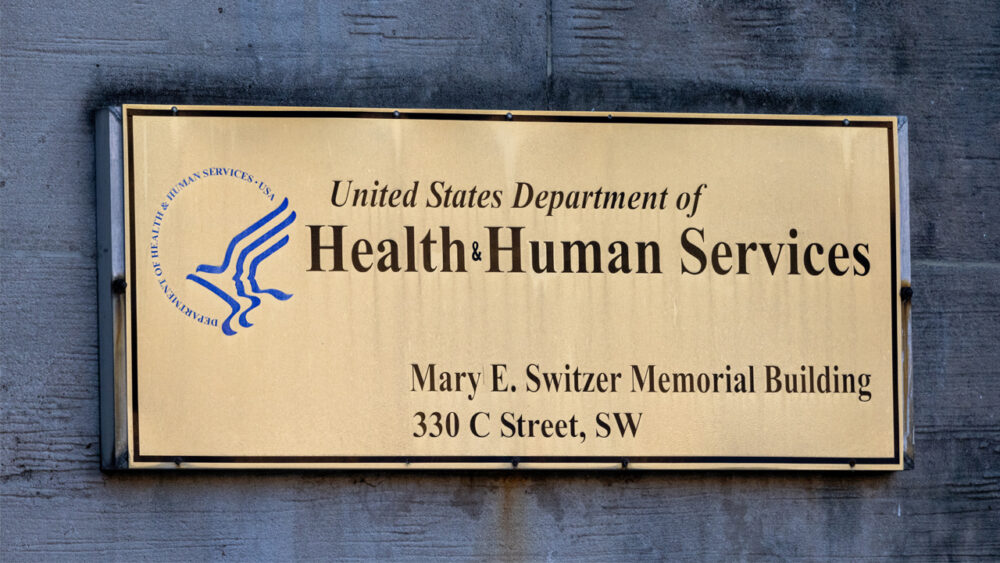The U.S. Department of Health and Human Services (HHS) announced Tuesday it will no longer recommend routine mRNA COVID-19 vaccinations for healthy children and pregnant women.
The policy change was shared in a video featuring Health Secretary Robert F. Kennedy Jr., Food and Drug Administration Commissioner Marty Makary, and National Institutes of Health Director Jay Bhattacharya.
Today, the COVID vaccine for healthy children and healthy pregnant women has been removed from @CDCgov recommended immunization schedule. Bottom line: it’s common sense and it’s good science. We are now one step closer to realizing @POTUS’s promise to Make America Healthy Again. pic.twitter.com/Ytch2afCLP
— Secretary Kennedy (@SecKennedy) May 27, 2025
The shift follows newly released guidelines tightening eligibility for COVID-19 boosters, now focused primarily on older adults and individuals with heightened risk of severe illness.
The announcement comes amid growing pressure from parents and medical professionals urging a reassessment of vaccine protocols. The Independent Medical Alliance (IMA), which launched the nationwide “Smart Moms Ask” campaign, gathered thousands of petition signatures advocating for the review.
“There was no medical justification for keeping mRNA COVID-19 vaccines on the childhood and pregnant women’s schedules, and we applaud Secretary Kennedy and the HHS staff for their quick action in making this change,” said Dr. Kat Lindley, Director of IMA’s Fellowship Program.
David Mandsdoerfer, a former HHS official, told The Dallas Express, “For too long the risks of mRNA vaccines, especially to young healthy populations, have been downplayed. It is encouraging to see HHS finally put patient safety and scientific honesty first.”
However, some medical groups voiced concern. The American College of Obstetricians and Gynecologists warned the change “can be catastrophic” for families and claimed “the science has not changed.”
The move marks a significant shift in federal vaccination policy, reflecting continued debate within the medical community. It also signals the growing influence of grassroots health advocacy and increasing demands for evidence-based reforms in public health policy.


